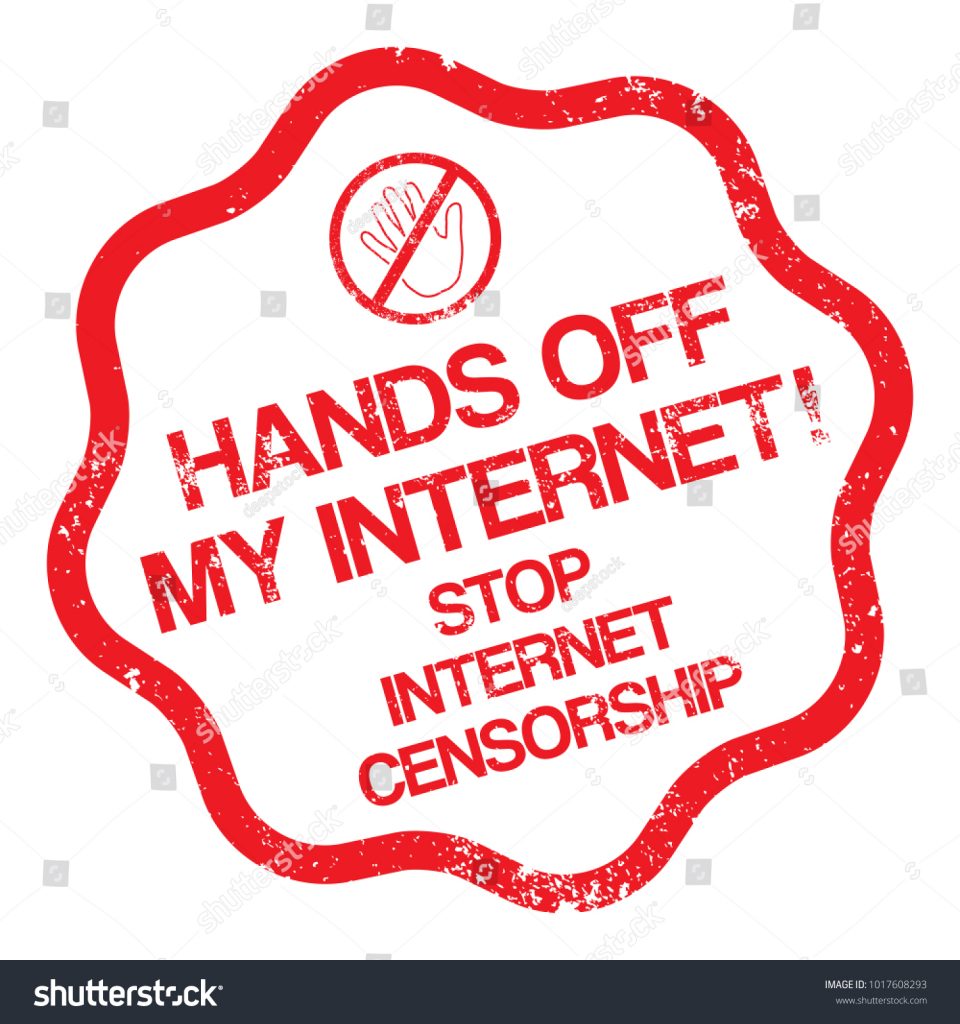A Lament for a Nation, or Bye-Bye Miss Canadian Pie http://cafe.nfshost.com/?p=8338
BY DAVID SOLWAY 11:09 PM ON NOVEMBER 28, 2022
To live with courage is a virtue
regardless of what one thinks of the
dominant assumption of one’s age.
George Grant
Drove my Chevy to the levee, but the levee was dry
Don Mclean, American Pie
It is very hard to maintain one’s composure when speaking to ordinary Canadians about the disaster in the making that is Canada today. I have engaged personally and via email over the last two years with literally hundreds of my fellow countrymen from all walks of life on the subjects of the national debt, the deficit, the sunsetting of the Charter of Rights and Freedoms, the draconian and illegal Covid and vaccine mandates and the turbo maladies that flow from them, the various repressive bills sieving through Parliament, the vicious and lying government and media campaign against the Trucker Freedom Convoy, and the unconscionable behavior of the most vindictive, incompetent and unpatriotic prime minister in the history of Confederation.
With precious few exceptions—“precious” is a key word here—I have come away in a state of profound depression. Some readers of my writings as well as everyday interlocutors have accused me of pessimism, which may be true. I recall a remark of Leonard Cohen’s: “A pessimist is somebody who is waiting for the rain. Me, I’m already wet.” Sometimes I feel completely drenched.
I’ve found the great majority of my correspondents do not know the difference between the debt and the deficit. They draw a blank when I mention the Charter or the Nuremberg Code, let alone Klaus Schwab, the World Economic Forum, and the Great Reset. None have researched the deception or willful ignorance among our politicians regarding the Covid mandates and not one has examined the harmful and even lethal nature of the vaccines and booster shots. None I’ve spoken to have even heard of SADS—Sudden Adult Death Syndrome, which emerged post-vaccine.
Bills like C-4, C-11, C-12 and C-18, which are dictatorial measures designed to muzzle and censor the average citizen, are little more than arcana unworthy of consideration. Most people are indifferent to, or approving of, the push for legislated mask mandates, “a result of a compliant populace,” Cory Morgan writes, “willing to shrug their shoulders and give up personal liberties with little complaint.” The government and medical profession’s targeting of parents who resist the sickness of transgenderitis in order to provide a normal life for their children does not appear to move many Canadians.
For the most part, they are not clear on the frivolous invocation of the Emergencies Act and tend to agree that the government was right in acting against the peaceful and legitimate truckers’ demonstration, to freeze bank accounts and to imprison Convoy organizers on the flimsiest of pretexts.
Nor are they aware that Canada’s chief justice, Richard Wagner, a Trudeau appointee, has violated the principle of judicial neutrality in condemning the trucker protest, thereby putting himself, so to speak, out of court. They have taken the false flag operations against the truckers at face value and naïvely fall for the profusion of spurious Internet “fact-checks” demonizing the convoy—those “typical blue-collar folk, doing real work for a living,” writes Rex Murphy, “a representative group of Canadian citizens with relevant and pressing concerns.”
Nor are they familiar with the Liberal finessing of the related Commission of Inquiry. Convoy lawyer Brendan Miller, for example, was removed from the Inquiry after asking embarrassing questions of the government and objecting to its redacted documents. And as expected, the hearing ended with the government presenting no relevant information, justifying its position, and relying on what Director of the National Citizens Coalition Alexander Brown wittily called, adapting a famous phrase from Hannah Arendt, “the banality of bureaucratic abuse.” The entire operation was an exercise in futility.
They do not know that Justin Trudeau has bought off the press with handsome tax rebates and emoluments, and most have declared their intention to vote for him again. Rampant inflation is laid at the door of Vladimir Putin rather than at Trudeau’s reckless economic policies, energy shutdowns, pandemic over-spending, skyrocketing carbon taxes, anti-farming animus, and record borrowing. They believe in the canard of global warming and they are still convinced that the unvaccinated are viral shedders, though we now know that the vaccinated are the major transmitters. And they are proud to be Canadians, “the best country on earth,” as all too many have proclaimed.
Aspects of what I regard as citizen failure are, of course, to be found almost everywhere, but rarely to the extent that we observe here. Ontario MPP Joel Harden put it in a nutshell on Canada’s Remembrance Day, November 11: “The most formidable check on all politicians are active and engaged citizens who are the lifeblood of any democracy.” We still have our heroes, but they are a visibly shrinking minority. The lifeblood is seeping away. In the words of John Mac Ghlionn at The Epoch Times, “the environment that Trudeau and his colleagues have created [is] one steeped in paranoia and suspicion. They have managed to turn a once respectable country into a surveillance state.”
In some respects Canada under Trudeau is gradually becoming a vassal state.
As Major Russ Cooper, CEO of Canadian Citizens for Charter Rights and Freedoms (C3RF), observes, Canada is now intent “on appropriating offshore causes capable of displacing and denigrating the sovereignty of itself and its citizens.” It is outsourcing its independence “in matters of public health, our military procurement priorities and our own energy production” to foreign bodies and organizations, like the UN, the WHO and the WEF. “It would appear,” Cooper concludes, that “the prime minister’s declaration that Canada was the “first post-national state” with no “core identity” is the better indicator of just where the country is going.”
In thrall to the globalist agenda, Ottawa will introduce legislation to achieve net-zero GHG (greenhouse gasses), at a prohibitive cost to both energy and agricultural production. Yet, according to government statistics, Canada generates merely 1.5 percent of global GHG emissions. Needlessly decarbonizing the productive sector will eventually impoverish the country, as it did Sri Lanka, which seems increasingly to be the prime minister’s ambition. (The fascinating theory of abiotic oil, of course, is dismissed out of hand.)
Another of the scandals we are presently facing is called MAID or Medical Assistance in Dying. This new euthanasia program, which the World Medical Journal describes as “normalizing death as ‘treatment’ in Canada,” is affecting not only the disabled but the elderly, the poor and the homeless as well. Euthanasia, as Stephen Green writes in PJ Media, “the weeding out of undesirables by official means, has been a tenet of progressive ideology from the very beginning,” a system that “encourage[es] suicide over treatment.”
Canada has become the contemporary poster boy for this outrageous regime. Put bluntly, people who no longer recognize the country they grew up in have only two options: to leave or to die.
Thus, it comes as no surprise that Canadians are abandoning the countryin ever-growing numbers. Remaining in Canada depends on whether one considers it to be politically salvageable. For those who have settled elsewhere, the answer is a clear No. For these emigrants, this is not a question of weakness or moral defeat but of simple clarity. It can be said, to adopt George Grant’s injunction, that they are living with courage, for it takes courage to leave everything behind and begin anew in unfamiliar surroundings. They have taken the measure of the situation and do not expect a supine and stupefied citizen body to awaken to the reality of its condition.
Canada is now an immigrant-ridden and fissiparous country, the majority of its people wallowing in obliviousness and proud, it would seem, of their deference to authoritarian dictate. Perhaps the only solution, if there is one, is prairie secession, the goal of the Wexit movement, which appears to be gathering some momentum. The prairie provinces would make a viable and prosperous independent country. Admittedly, it’s a long shot, but discontent is mounting.
Whether or not the movement prospers, there are encouraging signs of pushback against federal government ordinances. The provinces of Alberta and Saskatchewan in particular have served notice they intend to resist Trudeau’s energy policies, the threat of a digital ID rollout, and the likelihood of renewed vaccine mandates and passports. Once the energy and agricultural backbone of the nation, and presently under the enlightened leadership of Danielle Smith and Scott Moe, respectively, these two provinces currently represent a silver lining in a massively dark cloud.
But one thing should be obvious by now: we cannot go back to the status quo ante. The levee is dry.
David Solway is a Canadian poet and essayist. His most recent volume of poetry, The Herb Garden, appeared in 2018 with Guernica Editions. His manifesto, Reflections on Music, Poetry & Politics, was released by Shomron Press in 2016. He has produced two CDs of original songs: Blood Guitar and Other Tales and Partial to Cain on which he was accompanied by his pianist wife Janice Fiamengo. His latest book is Notes from a Derelict Culture, Black House, London, 2019.








